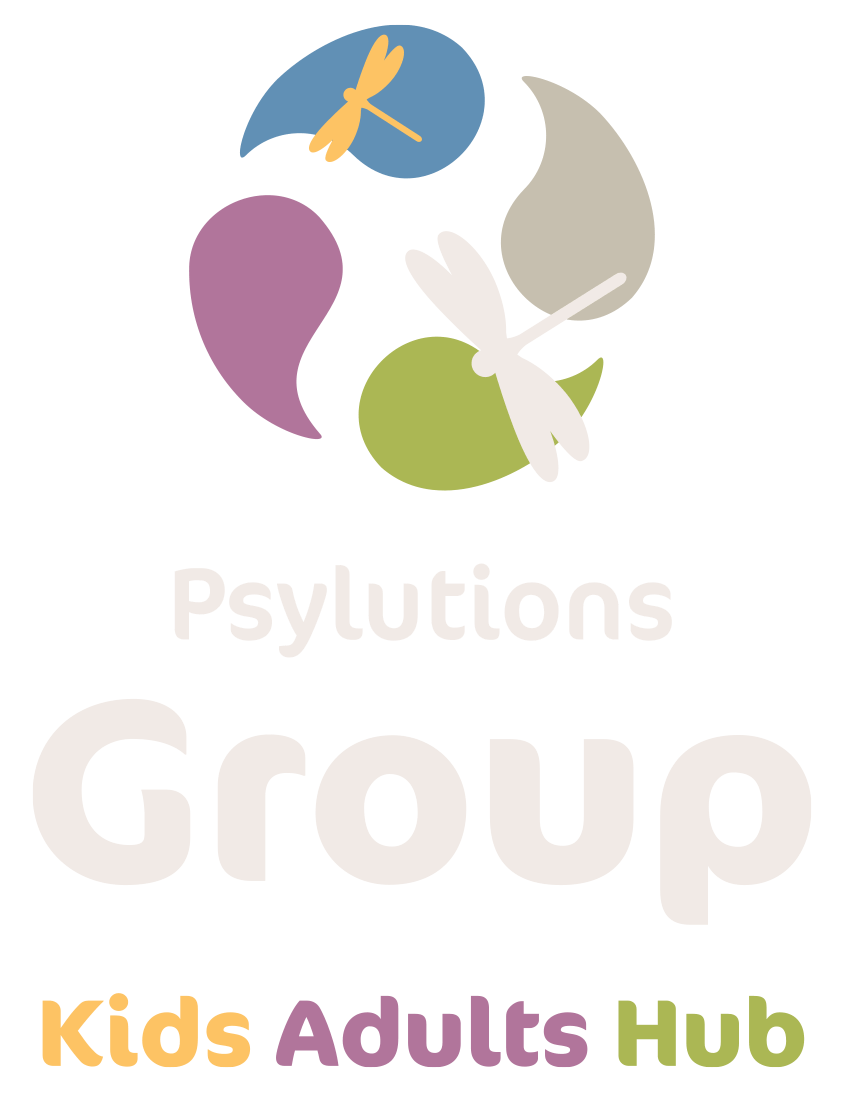
The essential feature of expressive language disorder is an impairment in expressive language development shown by scores on standardised measures of expressive language development that are substantially below those obtained from standardised measures of both non verbal intellectual capacity and receptive language development. If testing equipment is not available or not appropriate a diagnosis can be made after a thorough functional assessment. The language difficulties shown by the individual interfere with academic, occupational and social achievements. In order for Expressive language disorder to be diagnosed the individual must not present with any other possible causes for the deficits such as speech-motor sensory deficit or environmental deprivation. The features of the disorder vary depending on the severity and the age of the child. Some features you may observe include a limited amount of speech, limited vocabulary, difficulties acquiring new words, simplified speech patterns, unusual word order, and slow rate of language development. While the individual may show deficits in these areas, language comprehension skills are usually within a normal range. Expressive language disorder can be either acquired through head trauma and other general medical conditions or it can be developmental where the impairment is not associated with any postnatal neurological trauma. Expressive language disorder is most commonly associated with phonological disorder which affects the fluency and language formulation. The developmental type of expressive language disorder is usually recognised around age 3 and milder forms in early adolescents and gets substantially better with the right attention however some difficulties may persist into adulthood. The acquired type due to brain trauma or other medical conditions may occur at any age, and the onset is sudden. The course and long term outcomes are related to the severity and location of the brain trauma.
American Psychiatric Association: (2000) Diagnostic and Statistical Manual of Mental Disorders (4th Edition.). Text revision. Washington D.C, American Psychiatric Association.









